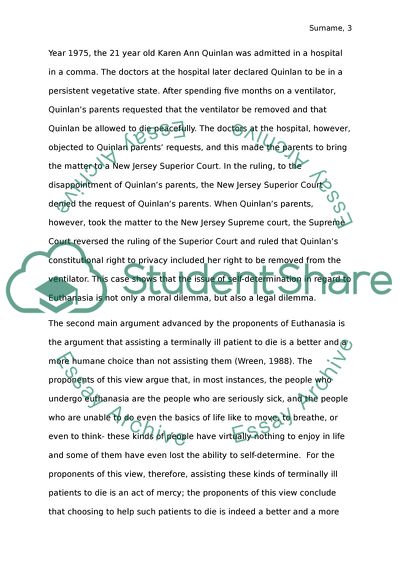Cite this document
(“Euthanasia Essay Example | Topics and Well Written Essays - 1500 words - 5”, n.d.)
Retrieved from https://studentshare.org/social-science/1691243-euthanasia
Retrieved from https://studentshare.org/social-science/1691243-euthanasia
(Euthanasia Essay Example | Topics and Well Written Essays - 1500 Words - 5)
https://studentshare.org/social-science/1691243-euthanasia.
https://studentshare.org/social-science/1691243-euthanasia.
“Euthanasia Essay Example | Topics and Well Written Essays - 1500 Words - 5”, n.d. https://studentshare.org/social-science/1691243-euthanasia.


